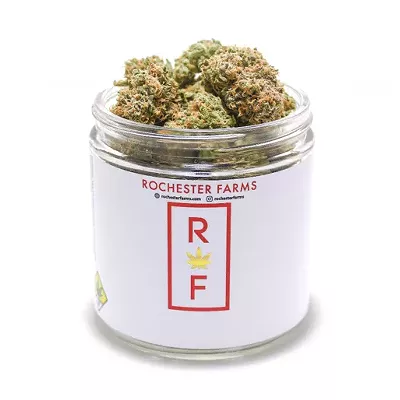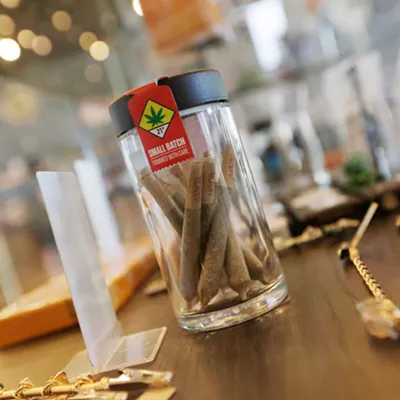When shopping for strains, many cannabis consumers simply consider a product's price point versus its THC percentage, or they opt for a shop's promoted deal of the day.
But as pot becomes ever more artisanal and craft, more conscious buyers will likely begin to dig into the aromatic and flavor aspects of strains to add a fuller, richer experience of sparking up.
Understanding terpenes can help consumers maximize their shopping efforts. Find a strain of nutty flavors to pair with your coffee. Pick out the citrus notes to go with your dessert. Grab a strain related to Pineapple Express to optimize your summer day in the sun.
The smell and taste of bud comes down to the compounds secreted in the glands of the plant. Like other crops, the powerful notes of citrus, earth or mint comes from the adaptive evolution of the plant trying to ward off predators but also to attract pollinators.
There are over 100 terpenes known to be in the trichomes of cannabis, and studies have shown that they can even help dictate how THC passes the blood-brain barrier. Thanks to understanding basic biology, breeders are able to try to create new strains that include a medley of terpenes passed down by their parental strains.
Those looking to preserve and perfect their experience with a strain and its terpenes should try their best to properly store their bud in temperature-controlled rooms and properly sealed to ensure that terpene levels aren't depleted. Some simple internet searching will also help inform you what's the best temperature to smoke your strain at, based off of its terpene profile.
As of late, testing labs have begun conducting tests on the trichomes of strains to try to decipher how the terpenes of the plant could help predict the experience and high when smoked. That research has also led to the development of terpene extraction, which could open even more doors for strain exploration.
That extraction has been noted as "terpene isolation" where research and development labs are extracting the aromatic oils in a way that is similar to the process of how fragrance companies hone their scents. The terpene isolation leads to a series of products similar to essential oils, candles and topicals.
The hope is that once further isolation testing is done, labs will begin replicating terpene profiles into edible and hash products, which have an inconsistency in terms of experience based off of base strains. ♦



















